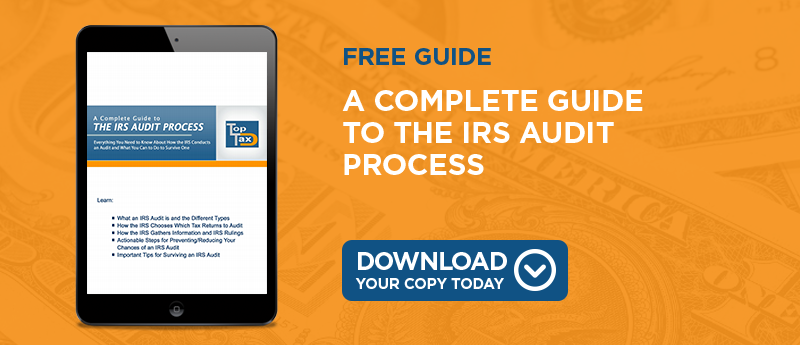
As the filing deadline draws closer, many taxpayers realize that they won't be able to submit their returns on time. These individuals often turn to filing a tax extension to have more time to prepare their forms. Is this a wise thing to do? Does filing a tax extension make it more likely that the IRS will audit you?
How Does a Tax Extension Work?
A tax extension grants taxpayers an additional six months to submit their income tax returns. Contrary to the opinions of some, there is no fee associated with a tax extension and you don't need special expertise to apply for one. It's important to remember that filing an extension gives you more time to submit your forms, but it does not give you more time to pay your tax bill. Your filing deadline will be extended into October, but your tax payment will still be due on April 15.
Risk of an IRS Audit
The vast majority of taxpayers will never have to face an IRS audit. As a result, filing an extension won't do much to raise your audit risk. Depending on your return, filing an extension may actually lower your audit risk, particularly if you use the additional time to double-check your numbers and gather your documentation. However, filing an extension could possibly increase your tax bill.
As was mentioned previously, any tax you owe to the IRS is automatically due on April 15, whether you've filed your returns or not. If you don't pay your tax balance by that date, you'll incur interest and penalties on the balance until it is paid in full. If you intend to file an extension, it's best to get an idea of how much tax you owe and submit it by the filing deadline.
Applying for an IRS Tax Extension
Even though there are several tax regulations that apply to an extension, applying to receive one is a very simple process. You can simply go to the IRS website and fill out Form 4868 "Application for Extension of Time to File U.S. Individual Income Tax Return."
On the form, you'll include your personal information and a written explanation of why you are requesting the tax extension. If the request is approved, you'll receive an additional six months to submit your return, which generally extends the filing deadline to October 15.
If you've been considering filing a tax extension, you can rest assured that you probably won't face an increased audit risk. To take full advantage of your extension period, begin collecting your documents and working on your return right away. Doing so will help you get your entire return submitted before the extended tax deadline.




